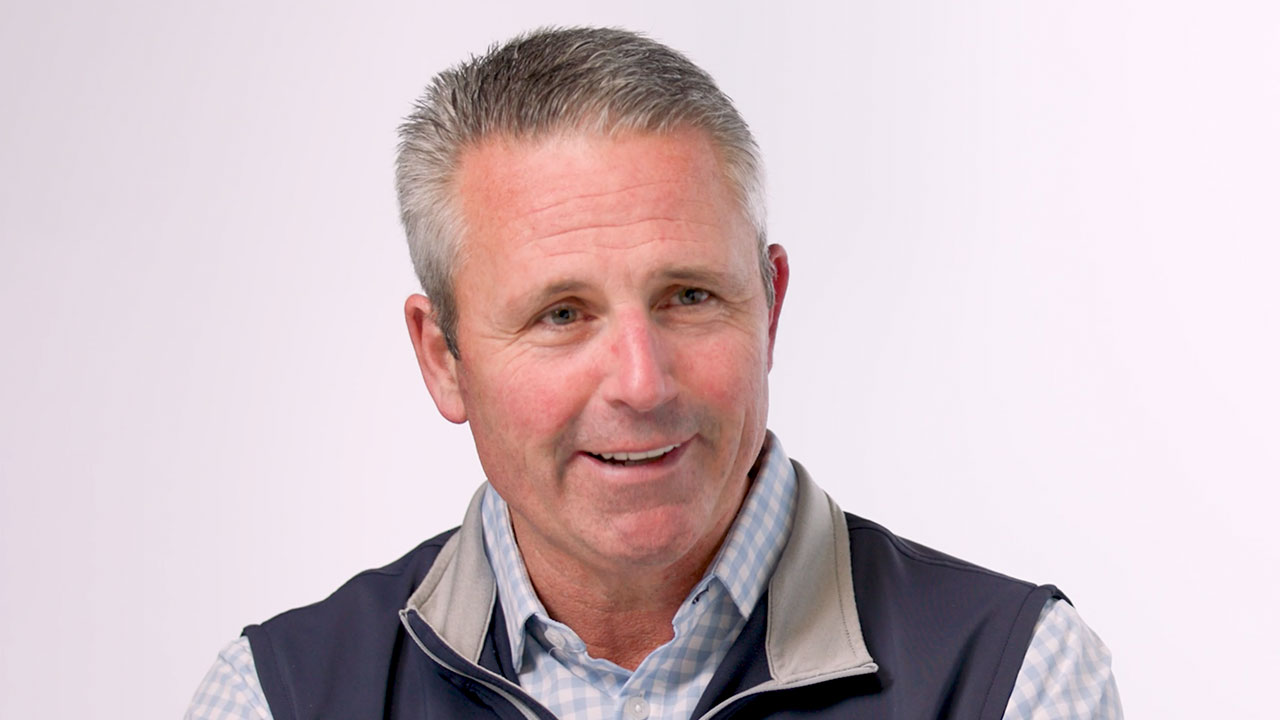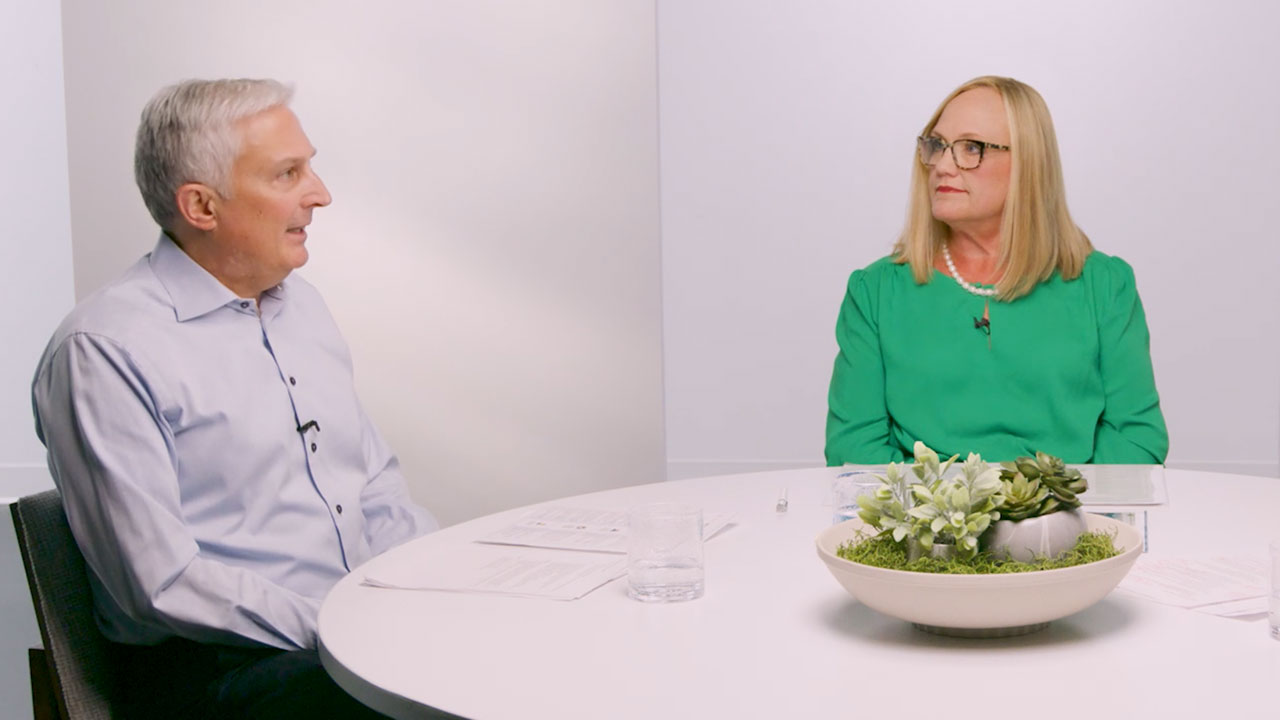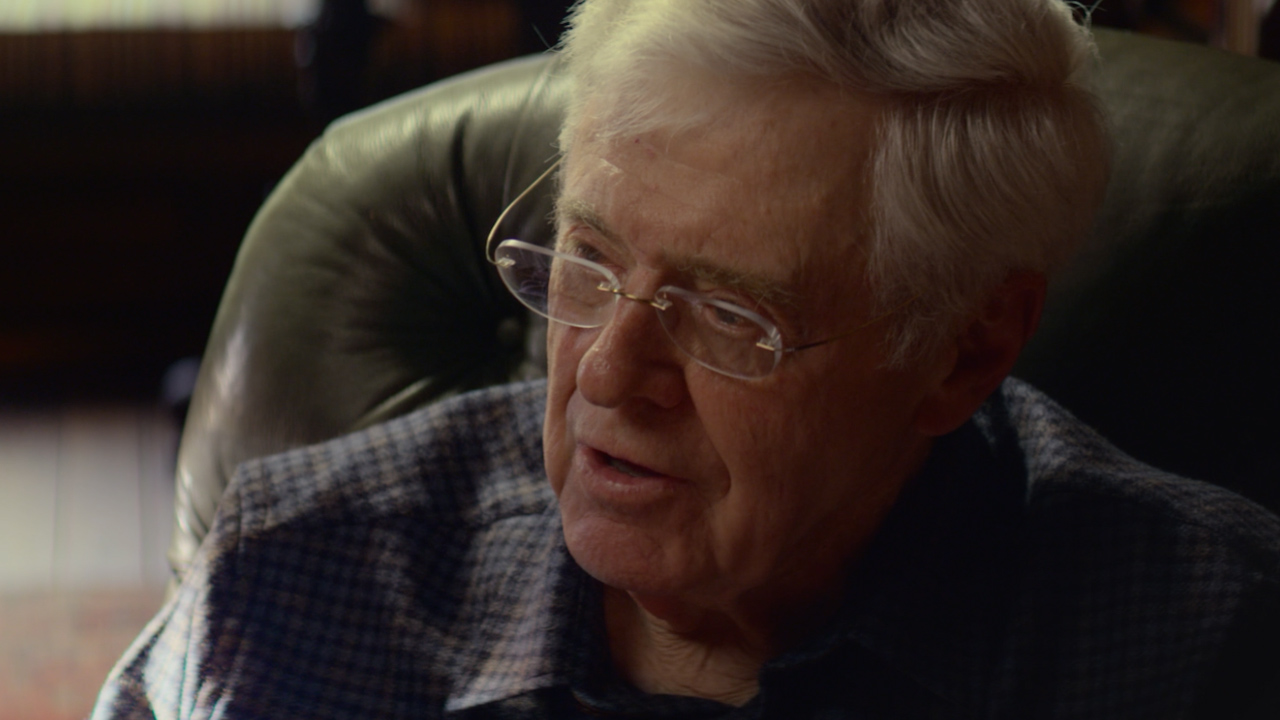Principles in Brief
Knowledge is more than data, facts or information; it’s about applying understanding and know-how profitably to improve results. Societies are most prosperous when knowledge is plentiful, easily accessible, relevant and inexpensive. Such knowledge results from openness, free speech, challenge, free association, mutually beneficial trade and market signals, including prices and profit/loss. Anything that restricts the creation and use of knowledge distorts reality and hinders progress.
One of society’s greatest sources of knowledge is what each individual knows about their specific needs, preferences and circumstances, what they are good and not good at, and how they can best contribute. Because this knowledge is widely dispersed, it is impossible for one person or small group to make optimal decisions for everyone else. That is why prosperity and progress require a bottom-up approach in which individuals are empowered to develop and apply their abilities.
No matter how capable our employees may be, our company cannot possess all the knowledge necessary to succeed long term. To overcome entropy and at least match the creative destruction of our best competitors, we need a culture that values lifelong learning and innovation. This includes:
- Building broad knowledge networks to enable us to acquire the most valuable knowledge from any and all sources (Republic of Science).
- Employees developing the personal knowledge that enables them to solve problems, identify opportunities and discover better ways of doing things.
- Internally sharing our ideas and knowledge, soliciting and providing challenge (Scientific Method and Challenge), and identifying and closing gaps.
- Developing reality-based measures and doing marginal analysis to help us learn what works, improve results and increase our rate of transformation.
- Conducting well-designed experiments (Experimentation and Experimental Discovery).
Hayek recognized that human progress is not the result of human design but of experimentation and centuries of accumulated knowledge. The institutions, customs and traditions we take for granted reflect far more wisdom than any one person can possess. As Sir Isaac Newton said: “If I have seen further, it is by standing on the shoulders of giants.” Likewise, the organizational knowledge embodied in our principles and processes developed over time. Today’s employees benefit from the culture, know-how and practices developed over the years by employees they never met.
Principles such as integrity, humility and openness are vital to, and promote respect for, this organizational knowledge. At the same time, our principle-based framework encourages us to continually challenge our paradigms and update our vision of what is possible so we can innovate, transform and succeed long term.
Philosopher of science Michael Polanyi taught that we only truly know something — that is, have personal knowledge — when we can apply it to get results. We develop personal knowledge by converting conceptual understanding into an effective tool for solving problems, addressing new opportunities and discovering what does and doesn’t work. Developing personal knowledge involves a personal transformation—what Polanyi called, “a self-modifying act of conversion.” Reading a book or watching a video on how to ride a bike can be helpful, but developing personal knowledge requires riding one. Because practice makes permanent, not perfect, you must engage in correct, frequent and prolonged practice.
When you’re just learning how to do something, a template or operating procedure can be necessary and useful. As you study and practice in a particular field, you absorb increasing amounts of specific knowledge, including rules, facts and relationships. This encourages a type of conformity, but at some point, you know these details well enough that you can begin to focus on the whole and innovate, recognizing the limitations of templates and processes.
Discoveries are more likely when you understand the meaning of things because you sense what and when something is wrong, even though you may not always be able to articulate your understanding. You are able to perceive patterns, problems and opportunities — whether researching a new technology or market, operating equipment, interviewing a candidate, screening an acquisition or doing anything with the goal of delivering value to both customers and the company.
Personal knowledge helps you identify gaps between what is and what could be. Even without quantitative data, your intuition might tell you that something is wrong, or something better is possible. This is why we encourage the passionate pursuit of hunches based on personal knowledge. Hunches and intuition can be tough to explain, but that doesn’t make them incorrect. As Polanyi said: “We can know more than we can tell.” Hunches help you develop hypotheses that can be challenged and tested. This can lead to insights, discoveries and new ways of doing things.
Our principle-based framework recognizes that many individuals have deep personal knowledge about aspects of how to produce the product(s) or deliver the service(s) of the organization, but the total knowledge is dispersed. This is why we believe it is impossible for a top-down approach to determine all the necessary activities, methods and changes needed to be successful. Instead, we rely on a shared vision, superior cooperation and a culture where the knowledge of all employees is valued and leveraged to create the greatest long-term value for Koch.
Understand it Better
Examples
Below are different aspects of our knowledge principle. Each contains various examples of it being applied.
- Seeking Knowledge
- Sharing Knowledge
- Providing and Soliciting Challenge
- Applying Personal Knowledge
- In a town hall meeting, Ava hears about a project that is addressing a problem similar to one she is working on in her area. Ava schedules time with the project leader to learn more.
- As Hugo reads an article about how a car manufacturer solved an issue with broken seals, he wonders if the same technology would work at his chemical facility. He does more research and then asks people in other Koch companies to recommend people in their own knowledge networks who might have useful information.
- Maryam has a hunch that her team can reduce raw material inputs by 10% without affecting product quality. After talking to her supervisors, she works with a small team to design and run an experiment to test her hypothesis.
- It's Joshua’s first time working on a facility-wide project. Dawn, who has been around for years, welcomes Joshua to the project team, takes him around to meet the other team members and shows him how to use their project tracking system.
- Alice’s team just solved a tough technical problem. She schedules a meeting with peers from other facilities to share the lessons learned. She also gives them access to documentation she created and offers to be a resource if they have questions in the future.
- Miquel learns that a Koch business might expand to a country where he used to work. He offers to share his experiences and insights with the project team.
- Isla’s team is meeting to address a technical problem and gets excited about the first solution mentioned. Isla says, “Let’s not rush into this. We should brainstorm and evaluate other alternatives.”
- While listening to a proposal, Leo asks, “How would the outcome change if we moved the deadline up by four weeks?”
- Yuki notices that a team member has been quiet while his team is discussing an important issue. Yuki says, “Mei, what do you think we should do?”
We only truly know something (have personal knowledge) when we can apply that knowledge to get results.
- Witt wants to be a great software developer and knows he needs more than his school learning to do so. He works with his supervisor to find a good mentor who can help him develop his skills by providing guidance and feedback on his work.
- Jakub is an experienced machine operator. He can sense if there’s an issue with a machine by how it sounds, the vibration or the slight changes in data.
- Ella is a recruiter. She uses her knowledge of the many different roles at Koch, interviewing skills, and deep understanding of Our Values to recognize when candidates are contribution motivated and recommend roles these individuals may not have considered.
Give it a Try
The power of these principles happens through application. There’s no substitute for learning as you apply.
Think of something you’re working on now that could benefit from new or different knowledge. How could you acquire that knowledge?
- Think about knowledge or insights that you’ve gained recently. Who else could benefit from that knowledge? What would be an effective way to share it?
- What can you do to develop your knowledge network? Get familiar with EverLearn (internal to Koch) and other tools to facilitate seeking and sharing knowledge.
What’s the difference between data and knowledge? Why is it important to distinguish between them?
How do you know when it’s time to involve others vs. working on a problem yourself?
- Think of someone who’s good at seeking knowledge. What actions do they take? How does this help them get better results?
- Think of someone who’s good at sharing knowledge. What actions do they take? How is this beneficial?
- What’s something for which you have developed personal knowledge? How did you develop it?


